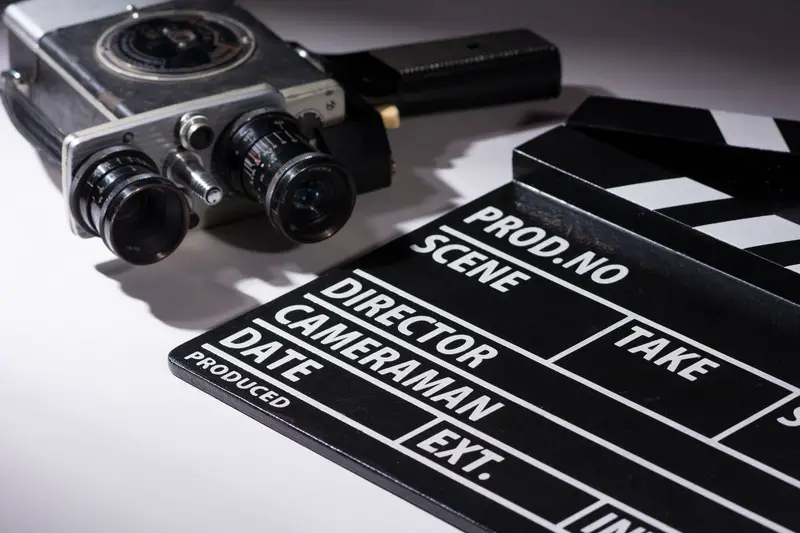British actress Samantha Eggar, whose career-defining performance in the 1965 psychological thriller The Collector earned her an Academy Award nomination and established her as one of Hollywood’s most versatile talents, died Wednesday, October 15, 2025, at her home in Sherman Oaks. She was 86.
Her daughter, actress Jenna Stern, announced the death on Instagram, saying her mother passed peacefully and quietly, surrounded by family. According to Stern, “She was beautiful, intelligent, and tough enough to be fascinatingly vulnerable.” No cause of death was provided, though Stern indicated her mother had struggled with illness over the past five years.
Born Victoria Louise Samantha Marie Elizabeth Therese Eggar on March 5, 1939, in Hampstead, England, she spent much of her childhood in the Buckinghamshire countryside during World War II. Her father Ralph served as a brigadier general in the British Army, while her mother Muriel worked as an ambulance driver during the war. Eggar lived with family friends during the conflict and spent 12 years in a convent, where exposure to plays, concerts, and poetry cultivated her passion for the arts. She once said that she seemed immediately destined to be either an actor or a nun.
Despite receiving a scholarship to the Royal Academy of Dramatic Art, Eggar’s mother refused to let her attend, horrified at the prospect of her daughter pursuing an acting career. Instead, she was permitted to study painting and drawing at art school, eventually working as a fashion artist after graduation. Her cousin ultimately drove her to the Webber Douglas Academy of Dramatic Art and told her to audition. She recalled him saying to perform the pieces she had prepared, including her own version of Ophelia and some poems she had learned. She was accepted and soon offered a role in Cecil Beaton’s play Landscape With Figures in 1959.
Eggar made her film debut in 1962’s Young and Willing, playing a promiscuous college coed. However, her breakthrough came three years later with The Collector, directed by William Wyler. The film featured Eggar as Miranda Grey, an art student kidnapped and held captive by a disturbed young man played by Terence Stamp. At just 25 years old, Eggar found the experience grueling. She revealed in a 2014 interview that she and Stamp, despite attending drama school together, never spoke throughout filming for the sake of authenticity. She credited dialogue coach Kathleen Freeman with helping her through the challenging production, noting that Wyler intensified the on-set tension to make the action feel more real.
The performance earned Eggar the best actress award at the Cannes Film Festival and a Golden Globe, though she lost the Oscar to Julie Christie for Darling in 1966. Roger Greenspun of The New York Times wrote that Eggar was so fine that she was in herself sufficient justification for her films, describing her as beautiful, intelligent, and tough enough to be fascinatingly vulnerable.
Following The Collector, Eggar’s career flourished throughout the late 1960s. She starred opposite Cary Grant in his final film, the 1966 romantic comedy Walk, Don’t Run, playing a young woman sharing a cramped Tokyo apartment during the 1964 Olympics. The next year, she appeared with Rex Harrison in the original Doctor Dolittle film, where she sang and danced as the love interest to Harrison’s title character.
By 1970, Eggar demonstrated her range in several notable releases. She fought against social injustice alongside Richard Harris and Sean Connery in Martin Ritt’s historical drama The Molly Maguires, portrayed an introverted woman in The Walking Stick, and starred as a secretary thrust into terror in the thriller The Lady in the Car With Glasses and a Gun.
Eggar became particularly beloved among horror film enthusiasts, appearing in The Dead Are Alive! (1972), A Name for Evil (1973), The Uncanny (1977), and Curtains (1983). Her most memorable horror performance came in David Cronenberg’s 1979 film The Brood, where she played a deranged mental patient manipulated by her doctor into bearing monstrous offspring. She expressed fascination with Cronenberg’s concept of children of anger growing externally on her stomach, comparing the richness of his writing to Shakespeare.
In the 1970s, Eggar transitioned to television work, starring opposite Yul Brynner in a 1972 CBS adaptation of The King and I and taking on Barbara Stanwyck’s iconic role of Phyllis Dietrichson in a 1973 ABC remake of Double Indemnity. She also made memorable appearances as Dr. Watson’s wife in The Seven-Per-Cent Solution (1976).
During the 1990s, Eggar focused increasingly on voice work. She voiced Hera, queen of the gods, in Disney’s 1997 animated film Hercules, reprising the role for the subsequent video game and television series. She also provided the voice for Queen Guinevere in the Family Channel animated series The Legend of Prince Valiant. Her later career included guest appearances on Star Trek: The Next Generation as Captain Picard’s sister-in-law and a recurring role on Commander in Chief alongside Donald Sutherland.
Beyond acting, Eggar served as a lector and lay minister at the Church of the Good Shepherd in Beverly Hills and at Saint Francis de Sales Parish in Sherman Oaks, where she led weekly meditations until the pandemic. A devoted animal lover, she owned dogs ranging from Great Danes to Dalmatians and bulldogs, keeping their leashes hanging in memoriam long after they passed.
Eggar was married to American actor Tom Stern from 1964 to 1971. Stern died in 2024. She is survived by her daughter Jenna and her husband Brennan, son Nicolas and his wife Mindy, three grandchildren Isabel, Charlie and Calla, and sisters Margaret Barron, Toni Maricic, and Vivien Thursby.











